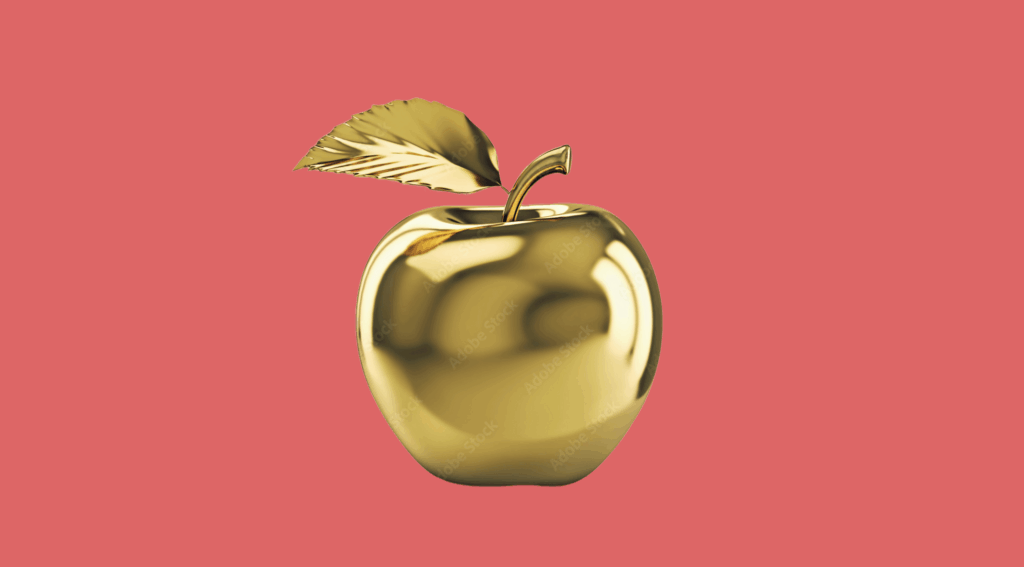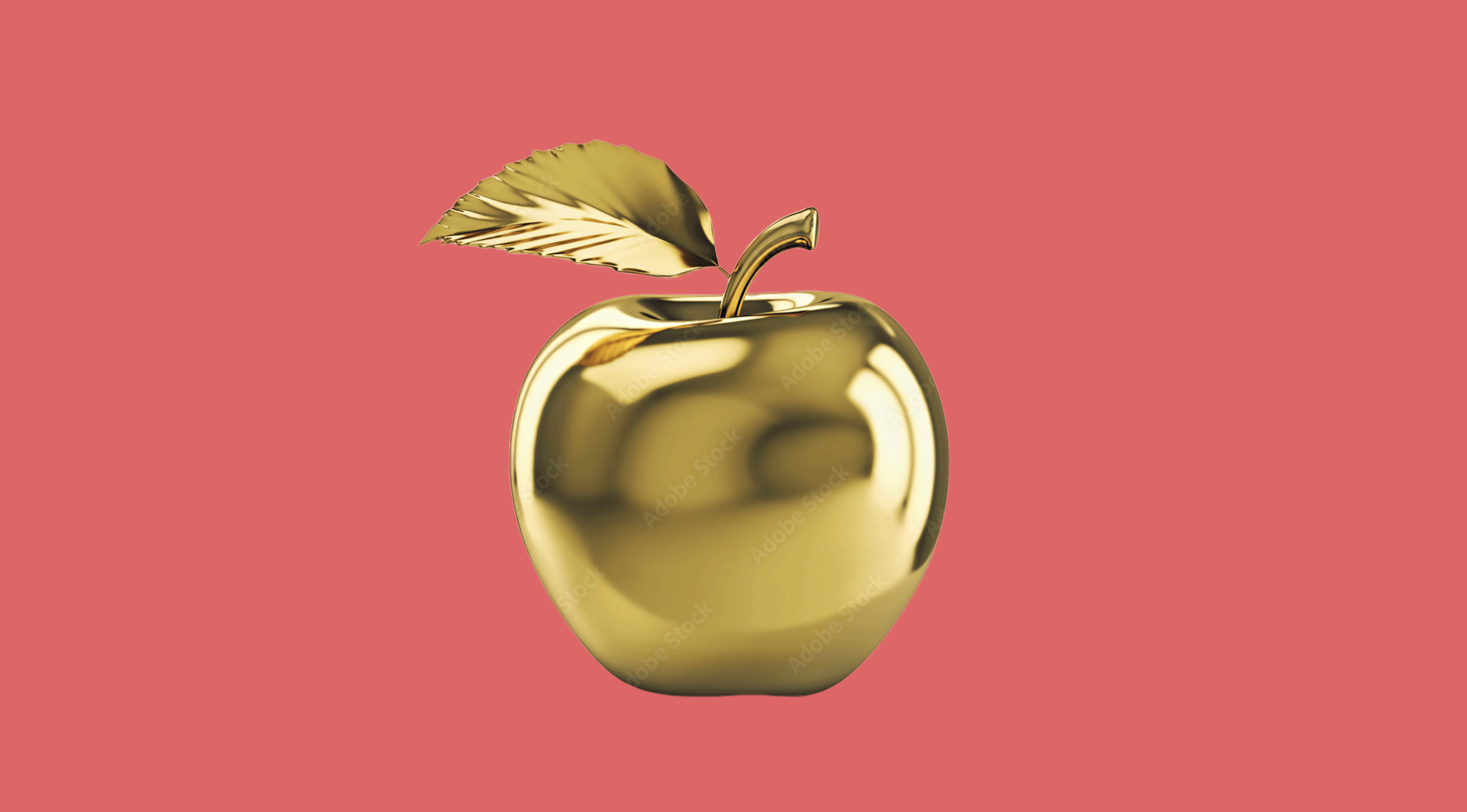
What is a Golden Apple? Exploring Mythology, History, and Modern Varieties
The allure of the golden apple resonates across cultures and throughout history. From ancient myths promising immortality to modern-day agricultural marvels, the concept of a golden apple captures our imagination. But what is a golden apple, really? Is it purely a product of folklore, or does it have roots in reality? This article delves into the fascinating world of golden apples, exploring their significance in mythology, their potential historical origins, and the existence of modern apple varieties that bear a striking resemblance to these legendary fruits.
Mythological Significance of the Golden Apple
The golden apple appears in numerous mythologies, each attributing unique properties and powers to this extraordinary fruit. One of the most well-known examples is from Greek mythology. The Garden of the Hesperides, guarded by the Hesperides nymphs and the dragon Ladon, contained a tree bearing golden apples. These apples were often associated with immortality, eternal youth, and divine beauty. The goddess Hera received these golden apples as a wedding gift, further solidifying their connection to divinity and power.
The famous story of the Judgement of Paris also revolves around a golden apple. Eris, the goddess of discord, tossed a golden apple inscribed with “to the fairest” into a wedding feast, sparking a rivalry between Hera, Athena, and Aphrodite. Paris, a Trojan prince, was tasked with choosing the fairest, ultimately awarding the golden apple to Aphrodite, a decision that triggered the Trojan War.
Beyond Greek mythology, golden apples appear in Norse mythology as well. The goddess Iðunn possessed golden apples that granted eternal youth to the gods. Her abduction, and the subsequent loss of the apples, caused the gods to age and weaken, highlighting the crucial role these fruits played in their immortality. These Norse tales further cement the golden apple as a symbol of vitality and everlasting life.
Historical Interpretations and Possible Origins
While the mythological accounts depict golden apples as magical artifacts, some historians and scholars have proposed alternative interpretations rooted in reality. One theory suggests that the golden apples described in ancient texts might have referred to a specific variety of apple known for its golden hue and exceptional sweetness. The quince fruit, which has a golden color and a fragrant aroma, has also been suggested as a possible candidate. [See also: History of Apple Cultivation]
Another perspective suggests that the term “golden apple” could have been used metaphorically to describe rare or highly prized fruits. In ancient times, access to certain fruits might have been limited, making them symbols of wealth, power, and prestige. The association of these fruits with gold could have been a way to emphasize their value and desirability.
Furthermore, the process of grafting, which was practiced in ancient times, could have contributed to the mystique surrounding golden apples. Grafting allowed cultivators to produce fruits with unique characteristics, potentially leading to the creation of apple varieties with exceptional color, flavor, or size. These unusual fruits could have been seen as extraordinary and worthy of being called golden apples.
Modern Apple Varieties with a Golden Hue
Today, numerous apple varieties boast a golden or yellowish skin, offering a tangible connection to the legendary golden apples of the past. The ‘Golden Delicious’ apple, developed in the late 19th century, is perhaps the most well-known example. Its bright yellow skin, crisp texture, and sweet flavor have made it a popular choice worldwide. While it doesn’t bestow immortality, its deliciousness is undeniable. [See also: Golden Delicious Apple: A Comprehensive Guide]
Other apple varieties with a golden appearance include ‘Mutsu’ (also known as ‘Crispin’), ‘Jonagold’, and certain strains of ‘Gala’. These apples offer a range of flavors and textures, from the tartness of ‘Jonagold’ to the sweetness of some ‘Gala’ strains. While these modern varieties may not possess the magical properties attributed to the golden apples of mythology, they offer a delicious and visually appealing alternative.
The Enduring Appeal of the Golden Apple
The golden apple continues to fascinate and inspire, even in the 21st century. Its presence in literature, art, and popular culture demonstrates its enduring appeal as a symbol of beauty, power, and immortality. Whether interpreted as a literal fruit or a metaphorical representation of desire and temptation, the golden apple remains a potent image that resonates across cultures and generations.
From the mythical gardens of the Hesperides to the modern-day orchards of apple growers, the story of the golden apple continues to unfold. While we may not find the key to eternal youth in a single fruit, the pursuit of excellence and the appreciation of beauty, symbolized by the golden apple, remain timeless aspirations.
In conclusion, what is a golden apple? It’s a symbol, a legend, and potentially, a real fruit that captured the imagination of ancient civilizations and continues to inspire us today. It embodies the quest for perfection, the allure of the unknown, and the enduring power of storytelling. Whether you’re reading about it in a myth or biting into a ‘Golden Delicious’, the golden apple holds a special place in our collective consciousness.
The golden apple, with its rich history and symbolism, serves as a reminder of our enduring fascination with the extraordinary. It encourages us to seek out the beauty and wonder that exists in the world around us, and to appreciate the power of stories to shape our understanding of ourselves and the universe.
The quest for the golden apple, whether literal or metaphorical, represents our ongoing pursuit of knowledge, beauty, and a better understanding of the world around us. It’s a journey that continues to inspire and motivate us, reminding us that even the most fantastical dreams can have roots in reality.

